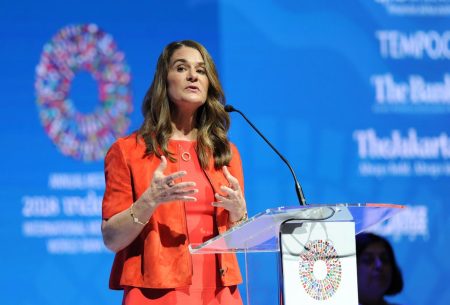The two least-wealthy Supreme Court justices, Ketanji Brown Jackson and Brett Kavanaugh, earned more from book deals in 2023 than their judicial salaries of $298,500. Jackson received a $893,750 payment from Penguin Random House as an advance for her upcoming memoir, “Lovely One,” with a total deal reportedly worth $3 million. Kavanaugh reported a $340,000 check from Regnery Publishing for a conservative book, which has since been moved to Hachette’s Center Street imprint. Despite earning the most from book deals, Forbes estimated that both Jackson and Kavanaugh have the lowest net worth among all the justices at $2 million each.
Neil Gorsuch, worth an estimated $8 million, reported $250,000 in book income from HarperCollins for a coauthored work set to be released in August. Sonia Sotomayor, worth $5 million, earned around $87,000 in royalties from Penguin for her books. Amy Coney Barrett, Gorsuch, and Kavanaugh also reported income from teaching in 2023 at various law schools. All the outside income comes as the Court faces increasing pressure over potential conflicts of interest and ethical violations, with justices like Clarence Thomas and Samuel Alito receiving scrutiny for gifts and trips.
It is worth noting that no amount of teaching, book deals, or gifts will bring the associate justices close to Chief Justice John Roberts’ level of wealth. Roberts, whose wife works for a prestigious legal recruiting firm, is estimated to be worth $25 million, which is nearly 40% of the total wealth of the entire Supreme Court as of Forbes’ last tally in March. Despite not reporting any outside income in 2023, Roberts’ family connections and previous financial disclosures highlight the stark wealth disparities within the Court.
The influx of outside income from book deals and teaching positions raises questions about potential conflicts of interest and ethical considerations for the justices. Justices like Thomas and Alito have come under scrutiny for receiving gifts and trips from wealthy benefactors, leading to amendments in their financial disclosures. The public scrutiny surrounding the justices’ financial activities adds to the ongoing debate about transparency and accountability within the highest court in the land.
While book deals may provide a lucrative source of income for some justices, it is essential to consider the broader implications of outside financial interests on their decision-making and impartiality. As the Supreme Court continues to grapple with allegations of bias and ethical misconduct, the necessity for greater transparency and oversight in the justices’ financial affairs becomes increasingly evident. The intersection of wealth, power, and influence within the Court underscores the complexities and challenges of maintaining judicial integrity in a system where money and prestige often dictate outcomes.













